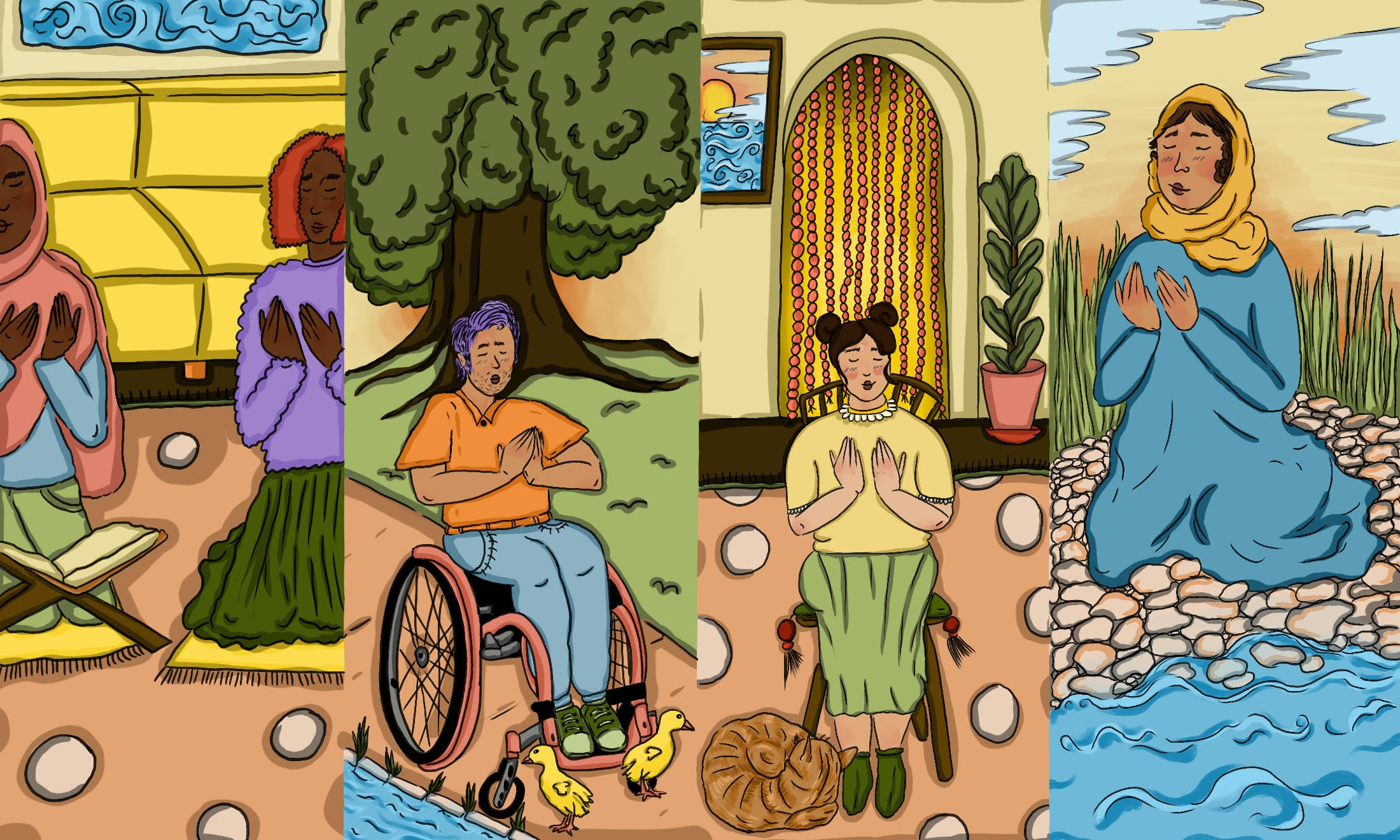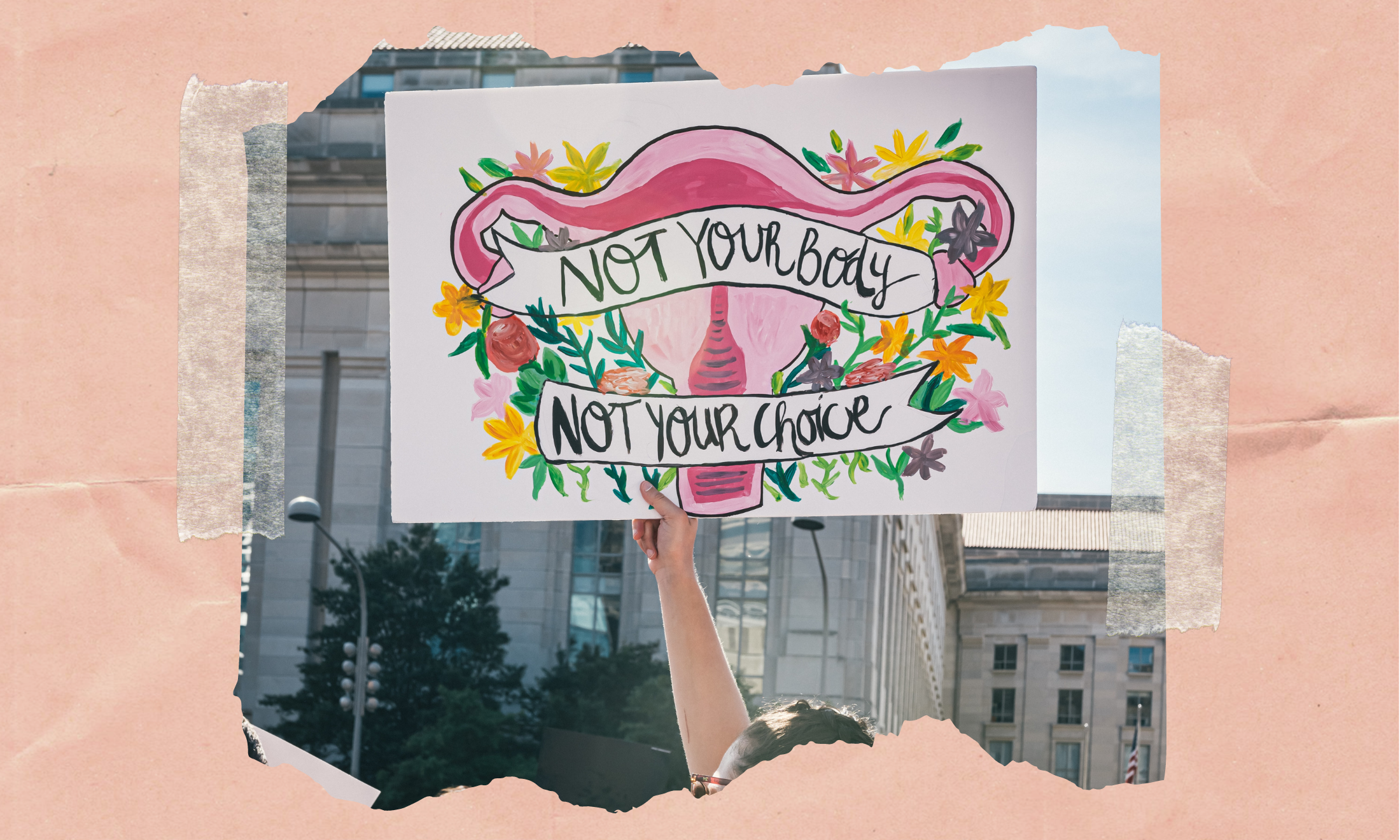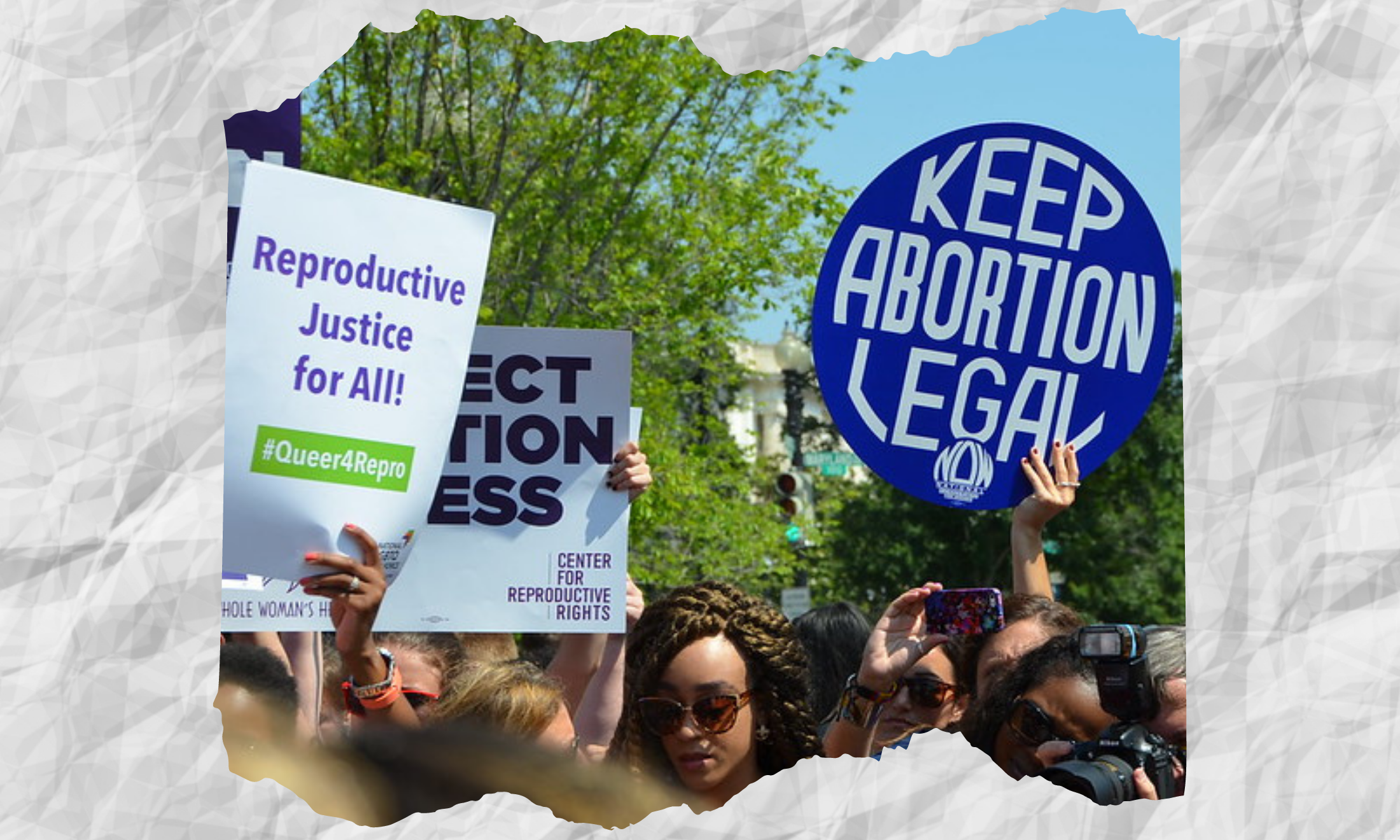
One in three women will have an abortion in their lifetime. Take a look around; the chances are that several women around you have required abortion care or perhaps, you yourself. Yet abortion is still not entirely legal in the UK. This is a myth. Last year, while learning about the provisioning of abortion services in London, I sat in a room of eight women all currently having a medical abortion. What was particularly striking was that these eight women spanned every age group, ethnicity and religion but they had been brought together by their common need for an abortion.
A pregnant woman in the UK cannot simply take the decision to end her own pregnancy. For an abortion to be deemed “legal” in England, Scotland and Wales, it must be performed by a registered medical doctor. Furthermore, two doctors must confirm that she meets a set of criteria laid out in the 1967 Abortion Act [1] including, for example, that “the termination is necessary to prevent grave permanent injury to the physical or mental health of the pregnant woman”. In Northern Ireland the 1967 Act does not apply, and the 1861 Offences against the Person Act (OAPA) provides the basis for abortion being completely banned, including where a woman falls pregnant as the result of rape or incest.
In response to the continued existence of the draconian OAPA, MP Diana Johnson has tabled a bill that will be discussed on 13th March that plans to fully decriminalise abortion. Diana Johnson’s bill is of course hideously overdue: currently in the UK a woman who chooses to access medication that can cause an abortion can still be prosecuted and sent to prison for life. This is one of the harshest penalties in Europe with the exception of Ireland where abortion still continues to be illegal.
The Abortion Support Network continues to work with women in Ireland that require an abortion to access the procedure in clinics in the UK, Belgium and the Netherlands. 11 Irish women travel to the UK a day seeking an abortion, or to be authorised by a clinician to receive abortion medication at home. Women from Ireland that try to access abortion services often face threats to their life from anti-choice (“pro-life”) campaigners as well as the constant fear that if found out they will be subject to prosecution. Sadly, there are no current indications for any changes to abortion law within Ireland.
As the law currently stands, a doctor who provides safe abortion care to a woman who has requested the procedure but without the authorisation of a second doctor is liable to prosecution. At the joint International Women’s Day Conference with the Royal College of Obstetricians and Gynecologists (RCOG) and Faculty of Sexual and Reproductive Health (FSRH) earlier this month, there was concern expressed at the lack of doctors being trained in abortion service provisioning and the increasingly long waiting times for some women that are trying to access abortion care. Requiring two doctors to validate an abortion procedure is relatively easy when practicing in a city or a large town but can be much more difficult for those that live more rurally. Many have to travel long distances and often at great expensive in order to access abortion services.
Anti-choice campaigners continue to argue that any decriminalisation of abortion will lead to the “floodgates” opening and women utilising abortion as a method of family planning. Several studies have demonstrated that in countries where abortion is illegal there is a much higher rate of women dying from unsafe abortions and fewer abortions do not take place.
President Trump recently reinstated the “global gag” (Mexico City policy) rule which bans federal funding to NGOs that promote or deliver abortion services around the world. The existence of the global gag rule permits more developed countries to determine the will of predominantly brown and black women in developing countries. We know that when the “global gag” rule is implemented there is an increase in the maternal mortality rate.
Women must be trusted to make their own decisions about their own pregnancies. To compel a woman to endure pregnancy and childbirth unless doctors give her legal authorisation to have an abortion is to deny her the right to control her own body, plan her own family and determine her own life course.
Whether or not the decriminalisation of abortion bill is successful, it has the potential to act as an important catalyst for the review of abortion services within the UK. It is more important now more than ever, that UK policy-makers use their considerable power to act as a beacon of light for the one in three women that will require an abortion in their lifetimes
If you are based in the UK: it takes one minute to tell your MP to vote to protect women who are currently at risk of criminal prosecution and vote in favour of Diana Johnson MP’s Reproductive Health (Access to Terminations) Bill which would decriminalise abortion up to 24 weeks: http://www.wetrustwomen.org.uk/get-involved/
Footnotes
[1] (a) that the pregnancy has not exceeded its twenty-fourth week and that the continuance of the pregnancy would involve risk, greater than if the pregnancy were terminated, of injury to the physical or mental health of the pregnant woman or any existing children of her family; or
(b) that the termination is necessary to prevent grave permanent injury to the physical or mental health of the pregnant woman; or
(c) that the continuance of the pregnancy would involve risk to the life of the pregnant woman, greater than if the pregnancy were terminated; or
(d) that there is a substantial risk that if the child were born it would suffer from such physical or mental abnormalities as to be seriously handicapped.

Britain’s policing was built on racism. Abolition is unavoidable

How Pakistan’s Khwaja Sira and transgender communities are fearing and fighting for their futures

Their anti-rape performance went viral globally. Now what?






